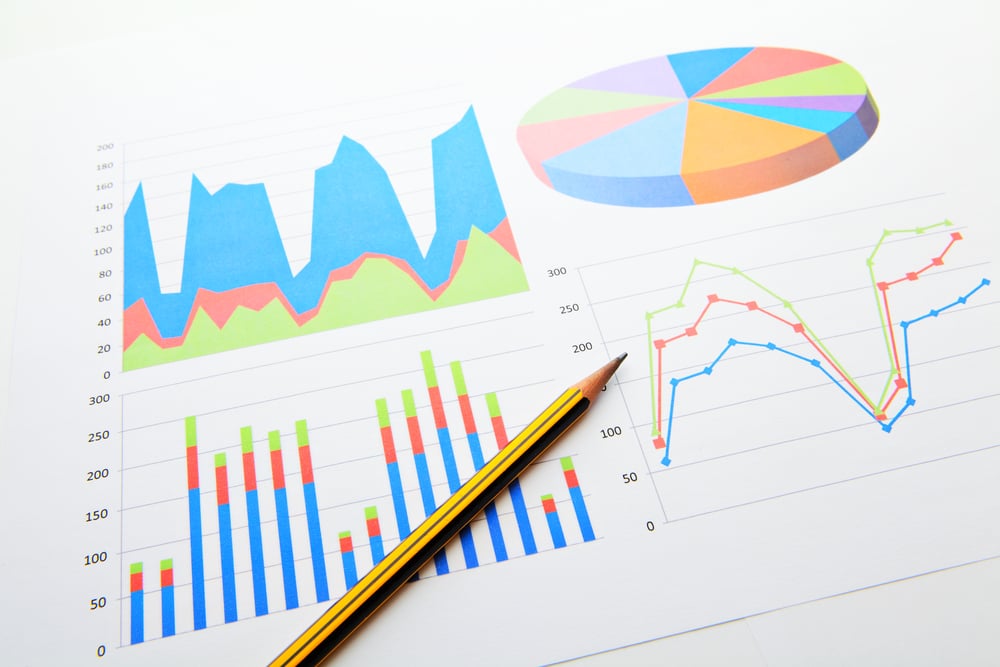January 23, 2023 By Kaptivate
What to Watch in Communications 2023: Data Story Telling
You know when you have a phrase in another language, but once you translate it, it just doesn’t sound the same? Well, the same is happening in the data world. Data is now a vital pillar of any organization - along with becoming one of the top buzzwords in the business world. Yet, most data analysts fail to communicate in a way that drives decisions. Despite a lot of hard work, their insights get lost in translation.
To become a better data storyteller, you first need to understand your audience. Are they part of your internal team, or are they outsiders? Do they already have the context to understand these metrics, or do you have to provide that for them? Understanding your audience will determine how deep a dive you'll make into context.
The second step is to get creative. No one likes to read a table of numbers. Use charts and infographics where you can visualize your data so the insight jumps off the page. While being creative, don't succumb to the temptation of rainbow colored charts. Keep the palette simple. Use color hues to train the audience eyes on what matters.
Pro Tip: Data visualization platforms (such as Infogram and Tableau) make it easy to plug in your data and test various chart types to see what works best. They also enable the data storyteller to weave the data, the visuals, and your narrative into powerful decision support.
Humans live for storytelling. Reading numbers won’t change a person’s mind about a new discovery; a memorable and evocative story will. Set up your data insights to tell a story and drive action.



.png)